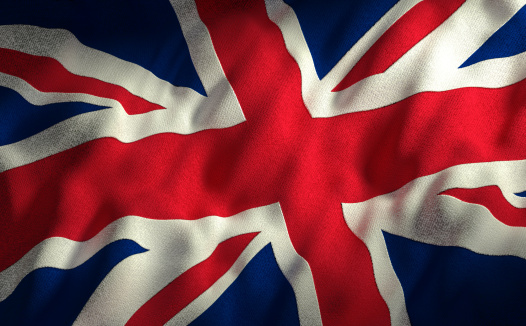GBP/USD has posted small gains in the Wednesday session. In North American trade, the pair is trading at 1.2777, down 0.07% on the day. On the release front, the U.K deficit ballooned to GBP 8.0 billion, well above the estimate of the GBP 5.6 billion. In the U.S, key indicators were soft.Core durable goods orders remained pegged at 0.1%, shy of the estimate of 0.4%. Durable goods orders were dismal, with a sharp decline of 4.4%, compared to the estimate of -2.2%. This was the sharpest drop since August 2017. Unemployment claims jumped to 225 thousand, above the estimate of 214 thousand and a 4-month high. As well, UoM consumer confidence dipped to 97.5, short of the estimate of 98.4 points.
A sharp fall in technological stocks on Wednesday has sent global equity markets sharply lower. So far, investors have not snapped up U.S dollars at the expense of other currencies, such as the British pound. Much of the drop has been attributed to the festering U.S-China trade war, which shows no signs of easing. There had been hopes that the U.S might ease up on the rhetoric against China, but those hopes were dashed on Sunday, at an APEC summit in Papua New Guinea. The meeting ended in discord, with leaders unable to agree on a final communique. U.S. Vice President Mike Pence, who headed the U.S. delegation, was blunt in his remarks, saying that China would have to drastically change its trade practices before the U.S. would remove current tariffs on $250 billion in Chinese goods.
The latest turmoil surrounding the Brexit negotiations have unnerved the business sector, which is deeply alarmed at the uncertainty facing the British economy after the U.K. leaves the European Union. The U.K and the EU reached a tentative withdrawal agreement last week, but there are deep divisions within the Conservative party over the deal. With Labor smelling blood and vowing to vote down any agreement brought to parliament, pundits are wondering if any deal Prime Minister May tries to pass in parliament will be dead on arrival. If so, the nightmarish scenario of a no-deal departure could materialize, which would be disastrous for the British economy. On Monday, John Allen, president of the Confederation of British Industry, bluntly warned that a no-deal Brexit would be a “wrecking ball for the economy”. Prime Minister May is fighting for her political life, and the pound will likely remain under pressure, unless May can somehow push the Brexit agreement through a skeptical parliament.


 Signal2forex.com - Best Forex robots and signals
Signal2forex.com - Best Forex robots and signals




